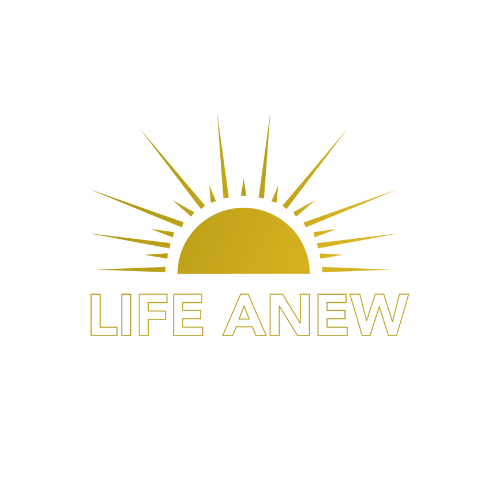The Big Picture: A recent survey by West Health and Gallup reveals that three-quarters of Americans believe mental health issues are identified and treated worse than physical health issues. This perception is particularly strong among older adults and those who have experienced a mental health problem in the past year, according to a Gallup Poll Report.
By the Numbers:
- 38% of adults think mental health issues are handled “much worse” than physical health issues.
- 37% say “somewhat worse.”
- Only 4% believe mental health issues are treated “somewhat better.”
What We’re Hearing: The survey also shows a bleak assessment of the healthcare system’s ability to address mental health conditions, with only 1% of adults giving it an A grade, while the majority, 57%, rate it as a D or F.
Zoom In: Affordability (52%) and difficulty finding a provider (42%) are the top barriers to obtaining mental health treatment. Younger Americans are more likely to be deterred by the cost of care compared to older adults.
Between the Lines: Mental health stigma remains prevalent, with seven in ten Americans believing society views people with mental health conditions negatively. This perception is strongest among those who have experienced a mental health issue recently.
What’s Next: Policymakers are working to close the gaps between mental and physical healthcare, but there’s significant room for improvement. Greater attention to achieving parity could help ensure mental health receives the necessary focus within the U.S. healthcare system.
The Bottom Line: Despite recognizing the effectiveness of treatments like counseling, many Americans find them unaffordable or inaccessible, highlighting the need for systemic changes to better support mental health care.
The Life Anew Angle: Life Anew Behavioral Health can take inspiration from the findings of this survey to develop programs that specifically address the identified gaps in mental healthcare. By focusing on affordability and accessibility, Life Anew can create comprehensive support systems that cater to the needs of BIPOC and underrepresented communities. Initiatives could include sliding scale payment options, partnerships with local providers to reduce wait times, and community outreach to reduce stigma and encourage treatment. Aligning with the commitment to culturally competent care, Life Anew can play a pivotal role in bridging the gap between mental and physical healthcare, ensuring holistic well-being for all.




